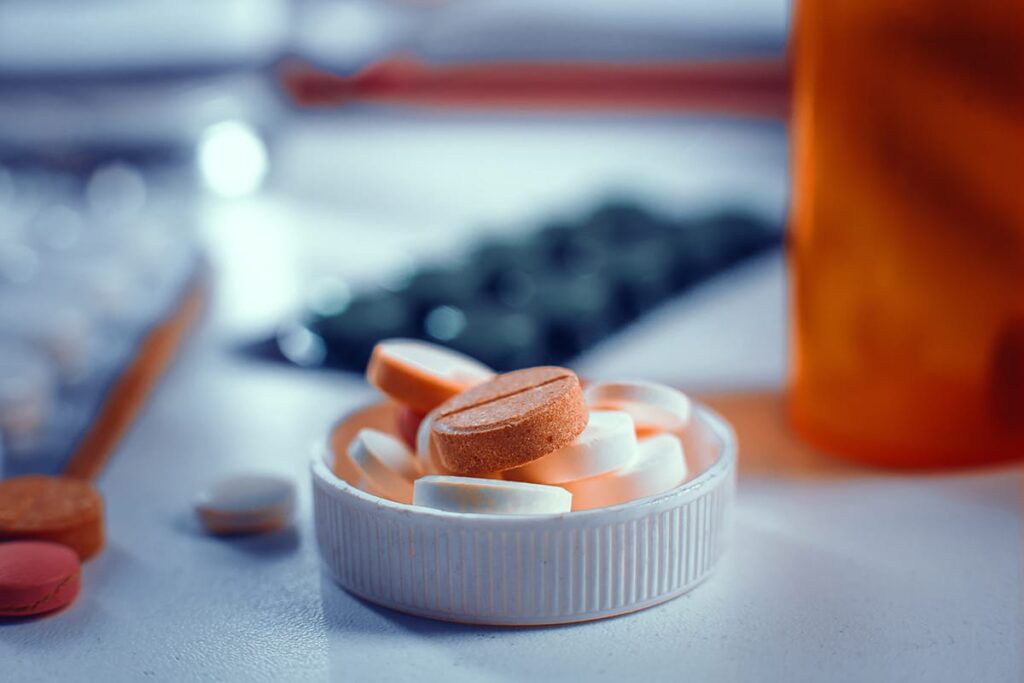The latest opioid epidemic statistics are staggering. Although knowledge and public awareness of the dangers of opioids continue to grow, so does the epidemic. Pharmaceutical companies, medical professionals, developers, advertisers, retailers, and users continue to fuel the epidemic by producing, marketing, and consuming more opioids each day. As a result, getting treatment at an opioid addiction treatment center is vital.
The opioid plague doesn’t just affect recreational users. A sharp increase in addictions and overdoses has also occurred with patients who take out prescriptions to relieve pain. While there is still much to learn regarding the opioid epidemic, one thing is certain: it does not appear to be going away any time soon. To learn more about opioid addiction treatment, contact Colorado Medication Assisted Recovery today.
Current Opioid Epidemic Statistics
The most recent opioid epidemic statistics come from studies and surveys conducted over the last ten years. Many of these studies are conducted by agencies such as The National Institute on Drug Abuse (NIDA), the Center for Disease Control (CDC), or the National Institute of Health (NIH).
That’s just the tip of the iceberg. Numerous universities, government agencies, and independent entities have also conducted studies, tracing the growth of the epidemic back to the late 90s. While the information may vary, all the latest data clearly shows that the epidemic has turned into a national crisis.
Some of the most important statistics include:
- Nearly 130 people die each day from opioid side effects or overdose
- 30 percent of patients who use opioids for pain abuse them
- 13 percent of users have some form of opioid use disorder
- 6 percent of users transition into heroin use or addiction
- In one year (2016 to 2017) opioid overdoses increased by 30 percent
- In 2018 alone, nearly 50,000 people died in the U.S. from opioid overdose
Needless to say, the epidemic has turned into a crisis that demands the attention of the medical community, the pharmaceutical companies, opioid addiction treatment centers, and our highest levels of government.
The Development of the Epidemic: The 1990s to Now
Many question the emergence of opioids and ask how we allowed the epidemic to happen. Others wonder why opioids were allowed to be marketed and sold in the first place.
In the late 1990s pharmaceutical companies began developing opioids as a mainstream product designed to relieve pain (among other conditions). The pharmaceutical companies assured the American public that these new forms of opioids would not be addictive or harmful. Naturally, medical providers and treatment specialists began prescribing opioids.
Consequently, patients began abusing these medications because of the euphoric effect they had on the brain. It wasn’t long before developers started producing recreational versions of the drugs. Opioid overdose rates started to skyrocket and have been climbing ever since.
By 2018, nearly two million Americans suffered from some type of opioid use disorder. Over 500,000 Americans also suffered from heroin addiction. It wasn’t long before addiction treatment centers had to update their programs to accommodate clients who abused these drugs.
Treatment for Opioid Addiction
Thankfully, treatment centers in America have responded, providing a wide range of treatments for opioid addiction. Treatment specialists can now diagnose an addiction, any related mental disorders, and the root of the problem, promoting long-term recovery from the addiction.
Treatment may include:
- Outpatient rehab
- Aftercare programs
- Evidence-based treatment
- Holistic care
- Individual, group, and family therapy
- Dual diagnosis for co-occurring disorders
With the right treatment, clients are now discovering a new life beyond addiction. More importantly, they are discovering that they do not need opioids to deal with many of their problems.
Get Help for Opioid Addiction Today
Regardless of the opioid epidemic statistics, you can overcome your addiction to opioids. To learn more about how to get started with your treatment, contact CMAR at 833.448.0127. We can help you get on the road to recovery.


















